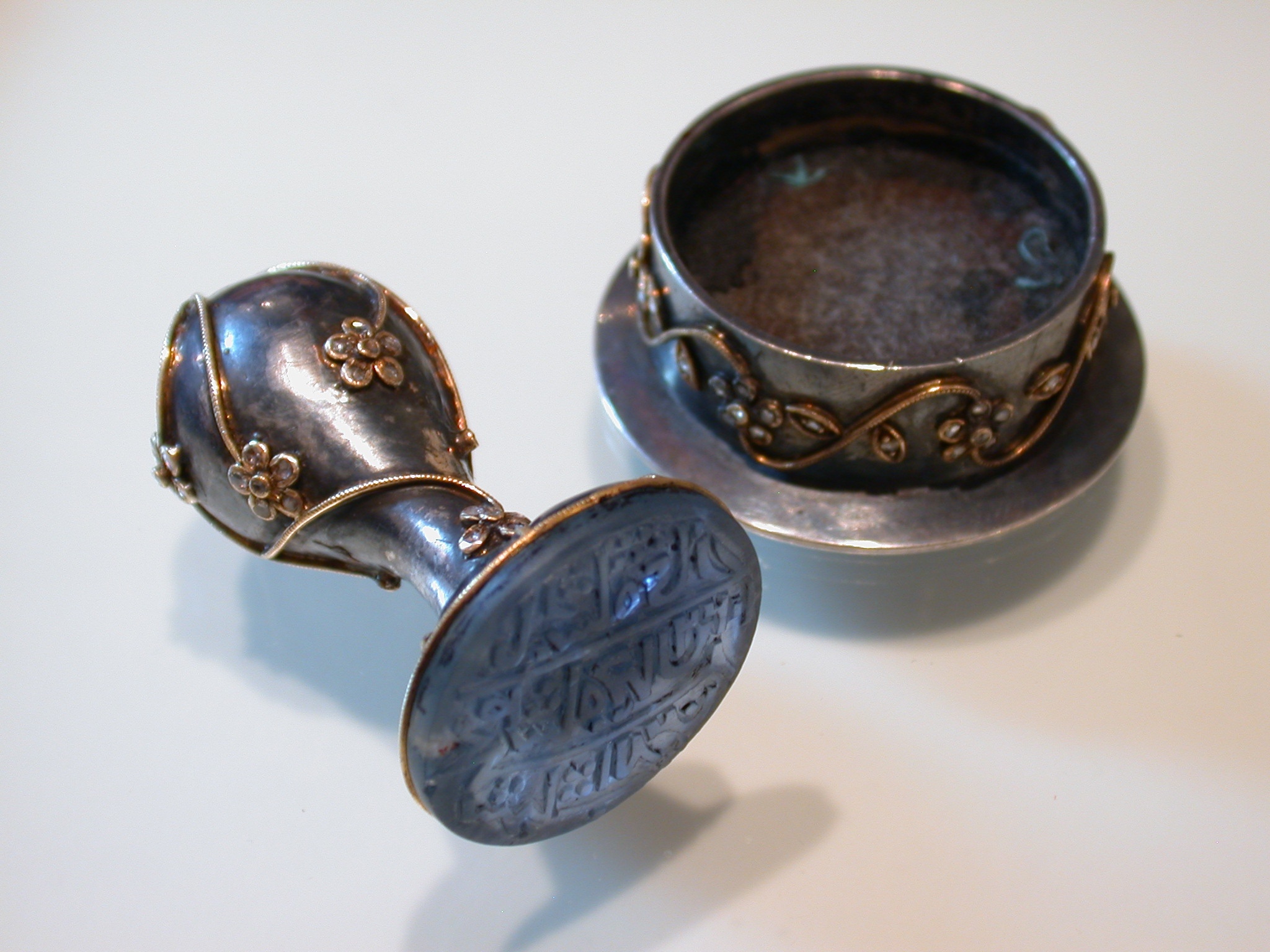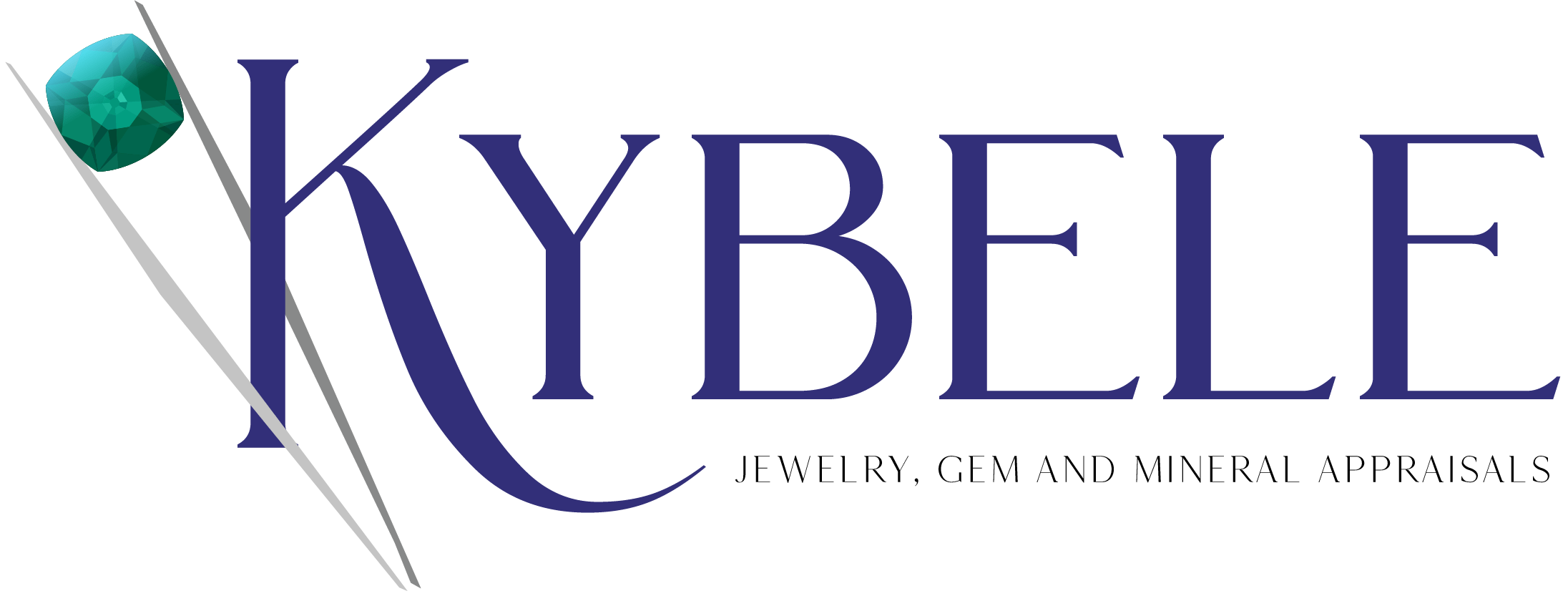
Applications
Gemological testing is the first step in the archaeogemological investigation of the identity and potential source of an ancient gem. The initial gem testing provides a non-destructive and quick identification, which can be performed anywhere from an excavation site to a museum. Archaeogemology is relevant and applicable to the following;
- Assisting archaeologists and anthropologists to better understand ancient gem materials and trade routes through scientific data, beyond translations and speculation.
- Identification of gem materials used throughout human history via modern, non-destructive gem testing methods.
- Detailed explanation and experimentation of ancient gem treatment techniques.
- Brings a different view on gemological nomenclature issues of today.
Archaeogemology
Dr. Lüle is recognized as one of the primary developers of archaeogemology. Archaeogemology is a relatively new discipline that applies a multidisciplinary approach to study gem materials of the ancient world. It combines aspects of gemology, archaeology, and geology in order to identify ancient gems and determine their mineralogical and geographical origin. The relevance of the discipline is to contribute gem origin-based information to aid researchers in the investigation of social patterns such as migration and the trade routes of ancient cultures and civilizations.
Archaeologists frequently have the challenge of identifying gem materials and interpreting the descriptive terms used by other related disciplines. Archaeogemology offers a recognized scientific terminology for the classification of gem materials. Also, the application of advanced mineralogical and geochemical identification methods will provide information on the geological and geographical origin of gem materials.
Endorsements
Donna Hawrelko, FGA, FCGmA. Canada
"As an educator, I sincerely respect and appreciate Dr. Lüle's passion and commitment to share her knowledge, especially as a pioneer in Archaeogemology."
